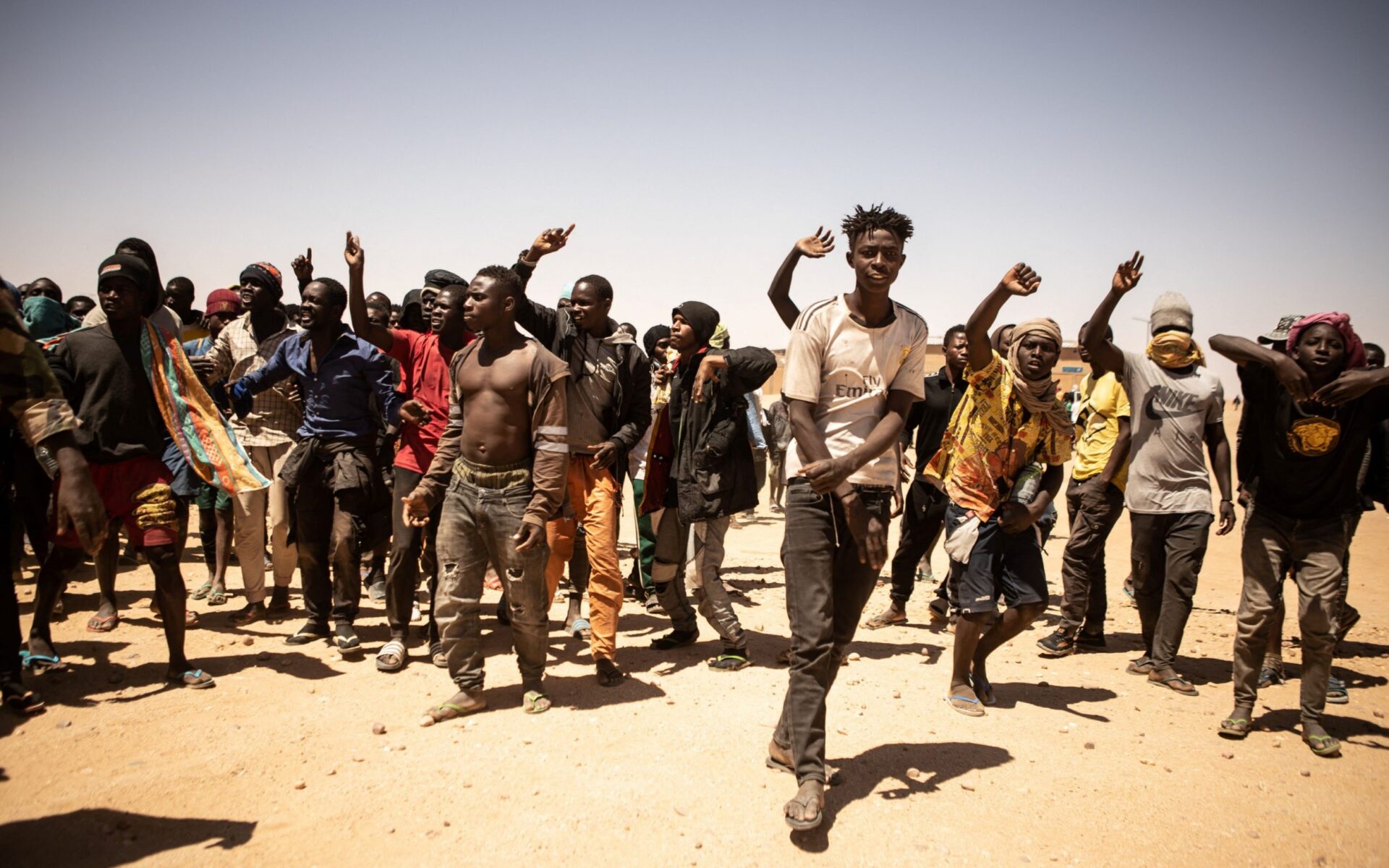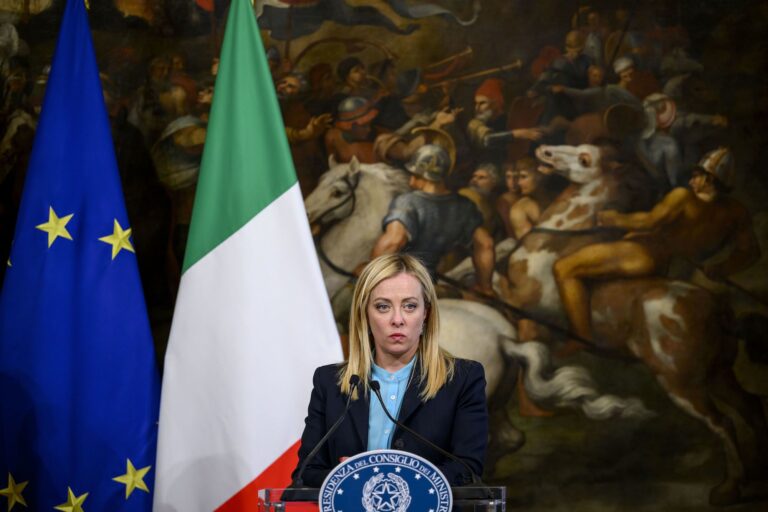LONDON — The European Union has voiced concerns of a surge in migrants from Africa, after the ruling military junta in Niger repealed a law that had previously criminalized the transport of migrants in the country.
Known as Law 2015-36, the legislation was drafted in 2015 in coordination with the EU and the United Nations Office on Drugs and Crime. At the time, Europe was facing a migrant crisis, as more than a million people entered the continent from Turkey and North Africa. The law was implemented the following year.
As part of the 2015 deal, the European Union pledged over $5 billion in aid to stabilize economies and governments in the Sahel region to stem the flow of migrants.
“These projects had a number of objectives, including combating illegal migration, improving public infrastructure, improving border capacity — but also assisting displaced populations,” explained Alia Fakhry, an expert on EU-Africa migration policy at the German Council on Foreign Relations in Berlin.
“One of these projects was the project that supported the Niger state to build its border capacity and to draft this new law that would criminalize irregular migration and its facilitation — the work of smugglers, basically. And it’s this law that’s now been revoked by the military junta,” Fakhry told VOA.
The EU said in September that 876 suspected people traffickers were prosecuted under the law from 2017 to 2023.
However, on July 26, Niger’s military ousted democratically elected President Mohamed Bazoum in a coup. Junta leader General Abdourahamane Tchiani announced in November that the government was repealing the 2015 migrant law and said that all convictions under the legislation would be quashed.
Tchiani did not give a reason for the move, although observers say he is likely seeking to gain local support and retaliate against the EU’s decision to suspend aid payments following the coup.
Speaking to reporters in Brussels on November 28, Ylva Johansson, European commissioner for home affairs, voiced fears of a new influx of migrants.
“There is a huge risk that this will cause new deaths in the desert. That’s the most concerning thing, but it would also probably mean more people coming to Libya, for example, and then maybe also trying to cross the Mediterranean today to the EU,” she said.
In a discussion paper published in September, the Council of the European Union had already expressed concerns over cooperation with the Nigerien military junta following the July 26 coup.
“Given Niger’s role as a transit country, primarily through the Central Mediterranean route, as well as its status as a host country, it is crucial to direct our focus towards the aftermath of the events of 26 July,” the paper said.
“The risk of the instrumentalization of migration exists in theory — although there is no evidence for this right now — or of a halt to cooperation on migration and border management with the EU. Various scenarios are now possible regarding the evolution of migratory flows transiting through Niger. Besides, close attention must be paid to other countries of the area, such as Mauritania, in which there could be migratory consequences of the coup in Niger,” the paper said.
Critics say the 2015 law forced migrants to divert to more dangerous routes through the Sahara desert to try to reach Europe and exposed the migrants to abuses by the Nigerien security forces.
Local media report that the repeal of the law has been welcomed in Niger and that migrant traffickers are planning to resume operations. Its implementation in 2016 had devastated the local economy in migrant hubs such as Agadez, Fakhry said.
“A number of people simply went out of a job in the region,” said Fakhry. “So, smugglers, of course. People who were facilitating the travel and journey of migrants. But also, a bunch of people who benefited directly or indirectly from the presence of migrants. These are people who were preparing and selling food, people who were selling water, offering accommodation, any other kind of service to migrants.”
Before the law’s implementation, the Nigerien army had often accompanied migrant convoys through the desert and demanded their own cut of the profits.
“There might be an objective to return to the pre-2015 situation where migrant smuggling created revenues for the military and for the state,” Fakhry said.
Analysts say several factors will determine how quickly the migrant flows could resume, including the situation in the migrants’ countries of origin and in transit countries north of Niger. The EU and individual European states have struck deals with Tunisia and Libya to clamp down on irregular migration across the Mediterranean Sea.
Source: Voice of America







